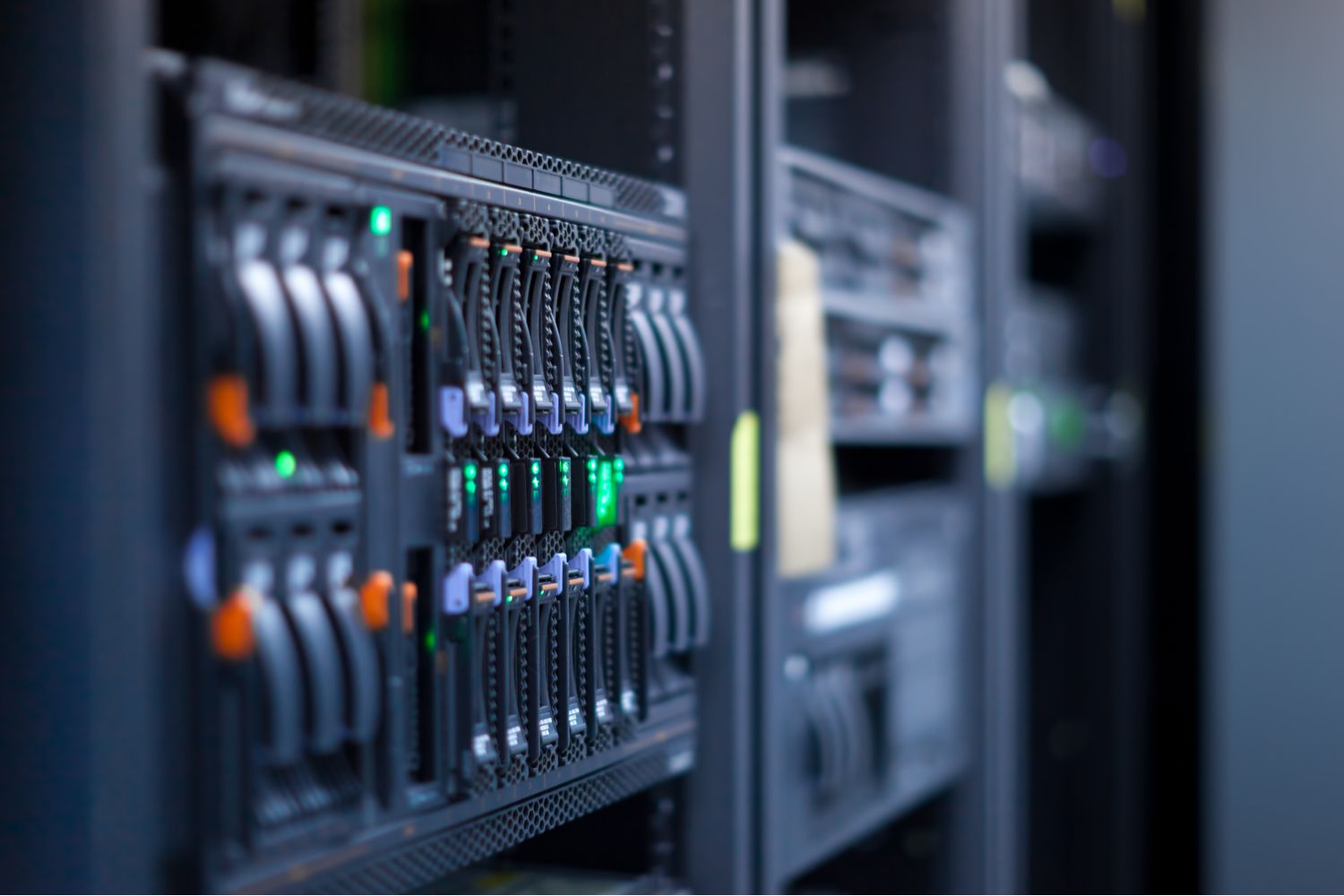ARTICLE AD
io.net and FLock.io aim to extend the PoAI mechanism beyond verifying compute resources to include AI training and federated learning.
io.net and FLock.io have announced a collaboration to develop the world’s first Proof of AI (PoAI) consensus mechanism.
This innovative system aims to verify the integrity of nodes in decentralized computing networks, representing a significant advancement in decentralized AI technology.
Introducing Proof of AI (PoAI)
The PoAI mechanism validates the reliability of nodes in decentralized physical infrastructure networks (DePINs) by having them undertake complex AI training tasks. Unlike Proof of Work, which involves solving random computational problems, PoAI directs nodes to perform significant AI work. This approach allows nodes to earn rewards from both the DePIN and AI training networks, such as those operated by io.net and FLock.io.
Central to PoAI is an engine that constantly issues challenges, tracks responses, and gathers metrics such as latency, score variation, and data accuracy. This information is used to assess whether nodes are operating properly and delivering valid outputs, ensuring that only reliable nodes are part of the network.
Advantages for Decentralized AI Networks
A significant issue for decentralized AI networks is verifying the reliability of compute resources. PoAI addresses this challenge by tying node validation to the successful completion of AI tasks, thereby making it harder for dishonest participants to overstate their capabilities.
Jiahao Sun, Founder and CEO of FLock.io, highlighted that trust in AI computing resources is crucial for both engineers and end users. He explained that Proof of AI is essential for ensuring this trust, as computing resources are fundamental to the entire AI development process.
FLock.io will generate synthetic data to consistently test nodes and ensure they adhere to the network’s performance standards. This involves utilizing sophisticated AI models, including large language models (LLMs), to define the expected performance of GPU devices based on their specifications like processing power (TFLOPS) and memory capacity (VRAM).
io.net and FLock.io aim to extend the PoAI mechanism beyond verifying compute resources to include AI training and federated learning. They are also considering the development of a dedicated AI blockchain to further advance decentralized AI networks.
About io.net and FLock.io
io.net focuses on deploying and managing decentralized GPU clusters within the IO Network, a DePIN of globally distributed GPUs. These GPUs are tailored for high-demand computing tasks like AI/ML operations and cloud gaming. io.net makes GPU computing power more accessible, lowering costs and expanding availability for engineers and businesses around the world.
FLock.io is a decentralized AI training platform that employs federated learning. It enables community members to contribute training data and offer feedback on AI models, creating a collaborative environment for developing AI. The platform supports diverse applications, such as transaction agents, AI companions, and health analytics.
Disclaimer: Coinspeaker is committed to providing unbiased and transparent reporting. This article aims to deliver accurate and timely information but should not be taken as financial or investment advice. Since market conditions can change rapidly, we encourage you to verify information on your own and consult with a professional before making any decisions based on this content.
Artificial Intelligence, News, Technology News

Leon is a seasoned blockchain writer and reporter, dedicated to uncovering the stories behind decentralized technologies. He excels in providing in-depth analysis and thought leadership in blockchain media. His reporting sparks meaningful conversations and fosters a deeper understanding of the transformative potential of blockchain.


 2 months ago
19
2 months ago
19 

